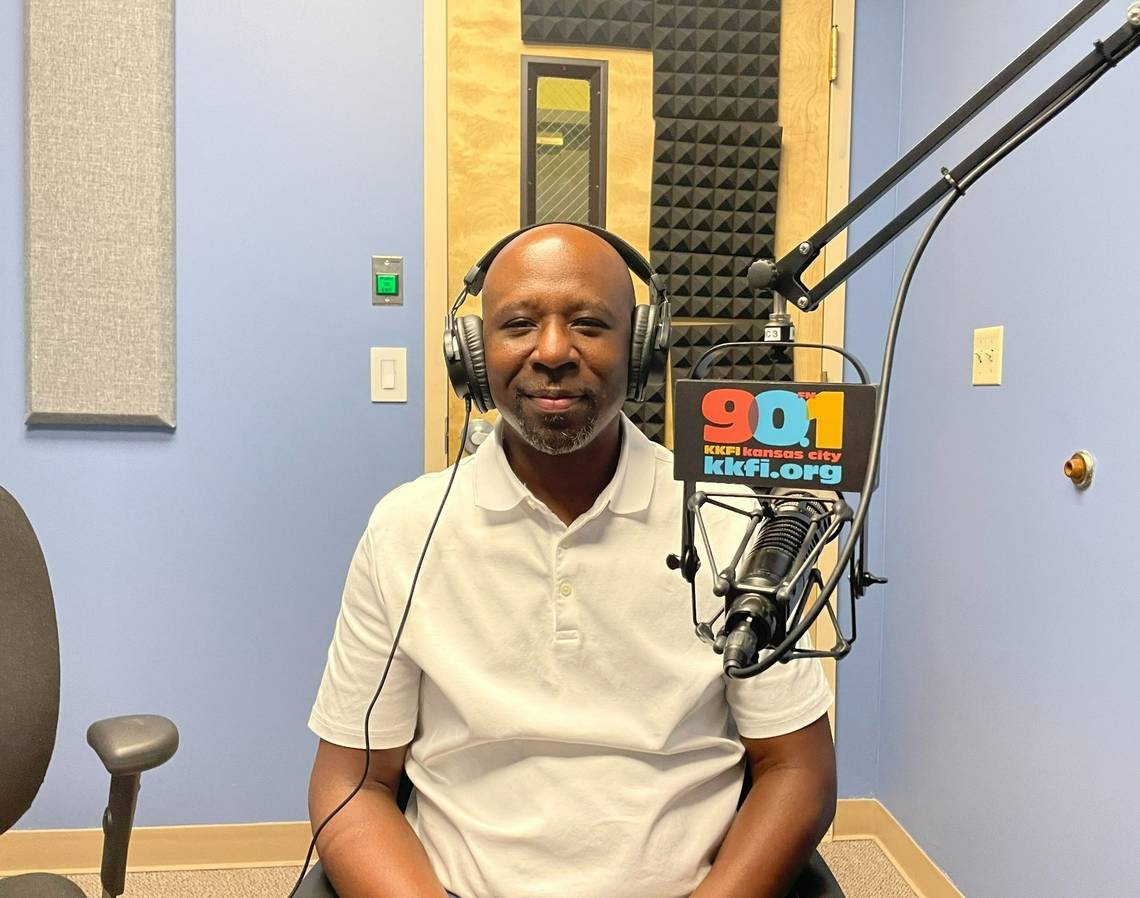A Journey from Track Coach to School Principal
Torrence Allen’s journey into the field of education has been shaped by a deep commitment to building relationships and fostering student success. Starting as a track coach, he transitioned through various roles—substitute teacher, PE instructor, and eventually principal at Belton High School. For two years, he has focused on creating a school environment where administrators, teachers, students, and parents can form meaningful connections, which he believes are essential for academic growth and social safety.
Allen’s path was not straightforward. He began as a substitute teacher with aspirations of becoming a PE instructor, but quickly realized that athletics offered a unique way to connect with students. Over time, he moved into coaching, teaching, and then leadership roles. Each step came with its own challenges, but Allen credits his success to the support of colleagues, mentors, and family.
One of the most pivotal moments in his career came when he decided to return to college to further his education. Balancing school with work and family life was difficult, but he managed to complete his degree and teaching certification. This decision allowed him to transition into a full-time teaching role, where he continued to build strong relationships with students and colleagues.
The Power of Athletic Education
Allen believes that athletic education has a unique ability to engage students in ways that traditional classrooms sometimes cannot. “It’s the ability to have fun,” he explains. “The court, the field, or the track is your standard classroom. You can still teach, make connections, and build relationships with kids in a firm way.”
In sports, the connection between coaches and students is organic. Both share a competitive spirit, and this bond can translate into real-world lessons. Allen found that these relationships helped him become a more effective teacher, as he learned how to connect with students both academically and emotionally.
Challenges Along the Way
Transitioning from a teacher to a principal was not without its difficulties. One of the biggest challenges was the shift in perspective. As a teacher, Allen operated on an “island,” focused on his own classroom and students. But as a principal, he had to take a broader view, managing an entire school and its many stakeholders.
He also emphasized the importance of continuous learning. “Education is one of those jobs where it’s on-the-job training,” he said. “You’re a lifelong learner and you’re constantly adding to your toolbox.” Administrators must develop skills in budgeting, facilities management, and balancing instruction with school culture.
Building Relationships and Community
At Belton High School, Allen prioritizes relationships. He looks for staff members who can build strong connections with students and teachers. While technical skills are important, soft skills like communication and empathy play a crucial role in creating a positive school climate.
He also recognizes the changing landscape of education, particularly the role of technology. Younger teachers often embrace digital tools, while some seasoned educators may view them as distractions. Allen encourages a balanced approach, helping teachers integrate technology effectively into their classrooms.
Engaging Parents and the Community
Building relationships with parents is another key aspect of his work. Allen believes that communication is essential. “You can either start communicating early and build an alliance with a parent, or you can communicate late and deal with the wrath of that parent,” he said.
He also highlighted the importance of cultural awareness. In the past, he worked as a peer liaison, bridging the gap between schools and families from diverse backgrounds. Today, there are more resources available to help translate materials and ensure all parents are informed.
Focusing on Literacy and Community
When it comes to education, Allen emphasizes the importance of literacy. “Literacy is critical,” he said. “Our students really have lost sight that education can really change your life.” He believes that reading and writing are the foundation for success, whether students pursue college, trade careers, or other paths.
He also encourages parents to take an active role in their children’s education. “They are their child’s first teacher,” he said. Small actions, like using closed captions on TV or answering questions with explanations rather than just saying “because I said so,” can make a big difference.
Looking Ahead
Looking to the future, Allen hopes to continue building a school culture where every student feels valued and supported. He wants to create an environment where academics and extracurricular activities thrive together. “Athletes want to do well,” he said. “When they’re successful, it raises the energy in the school and the team pride.”
He also wants to see more balance between technology and traditional learning. While devices can be powerful tools, they can also be distracting. Allen believes that finding the right balance is key to creating a productive learning environment.
Advice for Educators
For educators looking to move into administrative roles, Allen offers this advice: “Before you take that leap, you want to really make sure that you do your homework.” He encourages teachers to build relationships with other administrators, get involved in leadership roles, and gain experience in different areas of the school.
Ultimately, he believes that every educator has the power to make a difference. Whether in the classroom, on the field, or in the principal’s office, the goal is the same: to help students succeed and feel valued.







